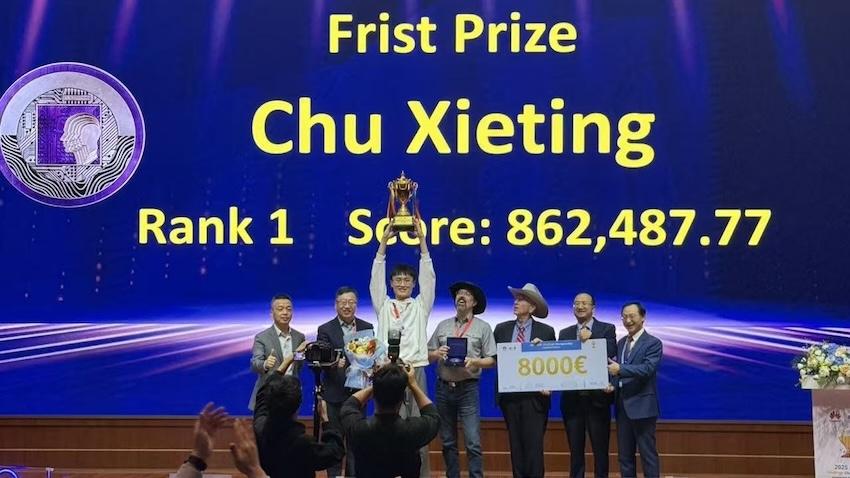
Georgia Tech Machine Learning Students Earn J.P. Morgan AI Ph.D. Fellowships
The 2022 cohort for the J.P. Morgan AI Ph.D. Fellowships Program includes Pranav Shetty and Zijie “Jay” Wang, both students in the Machine Learning Ph.D. program at Georgia Tech.
The Institute is the only university with multiple recipients among the new group of 11. Both students are advised by College of Computing faculty.
The J.P. Morgan AI Research Awards Program — consisting of the Ph.D. Fellowships and Faculty Research Rewards — is part of the company’s ongoing commitment to support artificial intelligence (AI) research for solving real-world problems.
“Our goal is to recognize and enable the next generation of leading AI researchers. We want to create an environment where researchers can inspire change and make a lasting impact in our communities and across our industry,” wrote Manuela Veloso, head of AI Research at JPMorgan Chase & Co.
Shetty is advised by Rampi Ramprasad, professor in the School of Materials Science and Engineering, and Chao Zhang, assistant professor in the School of Computational Science and Engineering.
Shetty works on developing natural language processing methods to extract structured information and insights from scientific literature, which presents unique challenges.
Data locked away in scientific text is multi-modal just like in financial documents. It can be split across text, tables, and figures. It can also reveal entity relationships that span long distances in text. Shetty’s research tackles these challenges, the goal being to build systems that can automatically extract data from scientific literature and train “downstream” machine learning models with it.
“I look forward to collaborating with and learning from other researchers at J.P. Morgan AI Research,” said Shetty. “This is a very competitive award, and I feel honored to be included among those selected.”
The second recipient, Jay Wang, is advised by Polo Chau, associate professor in the School of Computational Science and Engineering.
Wang’s research focuses on making AI more accessible, interpretable, and accountable, by designing and developing novel interactive interfaces for people to easily — and enjoyably — interact with machine learning systems at scale.
“I’m thrilled to receive this fellowship. I look forward to closely collaborating with the talented researchers at J.P. Morgan and making strides in responsible machine learning and information visualization research,” said Wang.
Wang’s hybrid expertise in machine learning and human-computer interaction enables him to harness AI’s potential to directly benefit people. His work has resulted in open-source tools like CNN Explainer for transforming AI education and GAM Changer, which empowers users to edit AI models to reflect their knowledge and values.
Learn more about all the 2022 recipients and the program at https://www.jpmorgan.com/technology/artificial-intelligence/research-awards/phd-fellowship.


